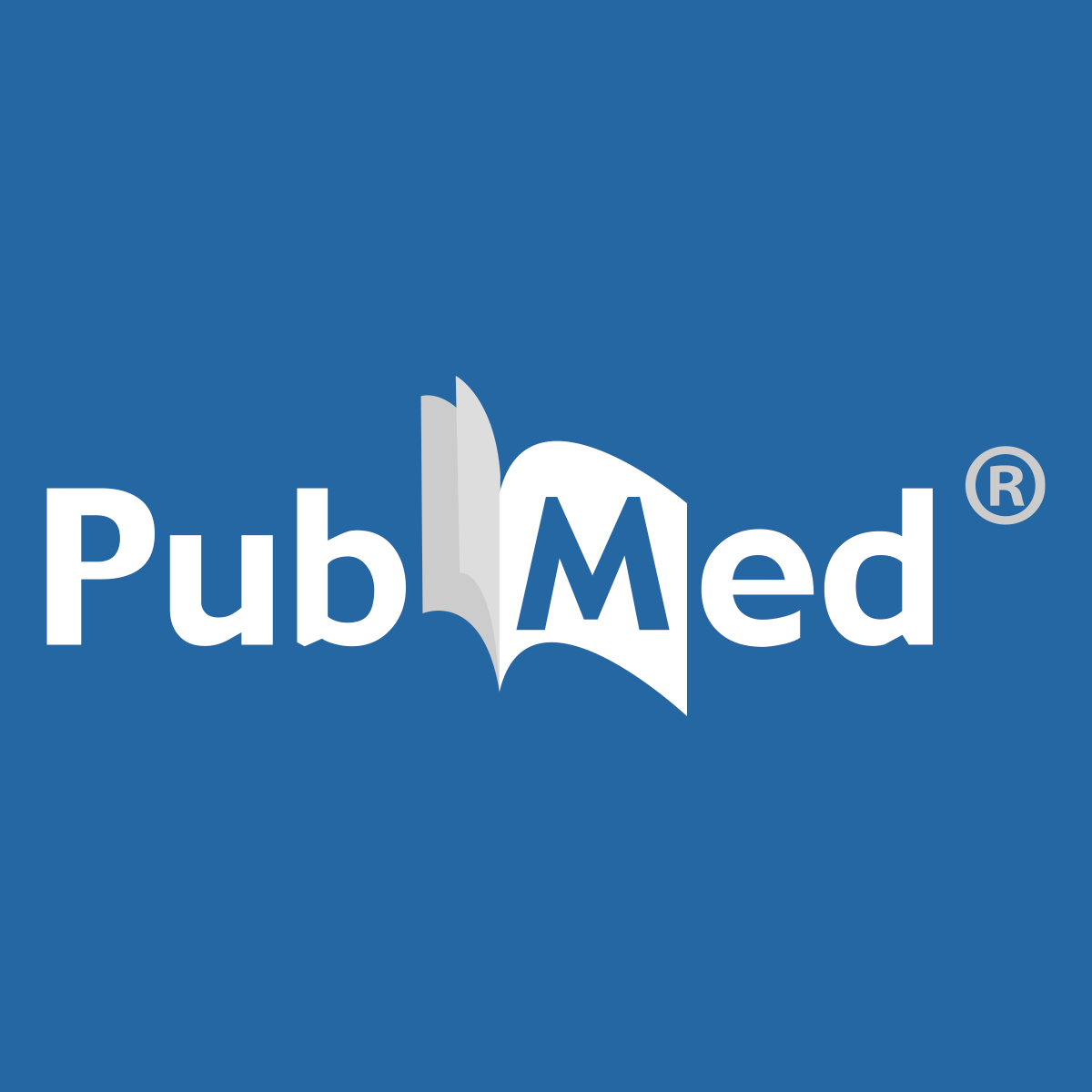Neuroprotection
Bluelighter
- Joined
- Apr 18, 2015
- Messages
- 1,088
sorry for this long post, but it’s a big topic and I hope at least some of you can make sense of it. I’ll provide studies in the next post since that’s easier for me due to my blindness. GSK3 is a serine/threonine kinase That phosphorylates a massive range of cellular substrates but got its name after being first discovered as a negative regulator of glycogen synthesis. GSK3 is unusual in that it’s constitutionally active and is regulated by a wide range of upstream enzymes/Signals, most of which inhibit its activity. examples of these include the CAMP/PKA, PI3K/PKB and PKC signalling cascades amongst many others.
Relevance to neuroscience:
Recently, GSK3, more specifically, insufficient inhibition of its activity in the brain has been linked to a wide range of psychiatric disturbances including depression, schizophrenia and most notably, bipolar disorder. bipolar, especially the manic phase is of greatest interest, as this is where GSK3 has been found to be the most active. furthermore, the well-known mood stabiliser lithium is thought to be a direct inhibitor of GSK3. additionally, lithium as well as much more potent and selective GSK3 inhibitors were found to Block hyperactivity in animals induced either by amphetamine or knockout of the dopamine transporter. they also block psychostimulant reward, sensitisation and conditioned place preference in many animal studies. actually, in human trials, lithium blocked the energising/activating as well as euphoric effects of dextroamphetamine but did not interfere with the ability of dextroamphetamine to induce psychosis.
How does GSK3 work in neurons?:
The answer to that is, no one is really sure. however, this is changing rapidly, and perhaps the most important discoveries surround the role of this protein in synaptic plasticity. basically, GSK3 targets and modifies a wide range of presynaptic and postsynaptic proteins; including vesicles, transport proteins, ion channels, receptors and neuronal microtubules. From the research I have done, it appears that GSK3 tunes the activity and intrinsic excitability of Neurons and the circuits in which they reside. GSK3 perhaps best known for its role in synaptic LTD, something it achieves by triggering the internalisation or degradation of AMPA or GABAA receptors or blocking the transport proteins that normally deliver them to the surface of the synapse. however, this is a region specific effect and in some cases GSK3 can enhance Ampa receptor activity. nevertheless, GSK3 is vital for NMDA receptor-mediated LTD whilst inhibition of GSK3 is an absolute requirement for LTP to occur. personally, I think the inhibition of GABAA receptor function bye GSK3 should be studied in more detail as I feel that this probably sharpens neuronal activity and is relevant to mania.
GSK3, How I went from hating to admiring it. given my fascination with neuronal survival and dislike of anything that possibly kills neurons, GSK3 appeared to be the ultimate enemy. this was for several reasons. Firstly, its inhibitors were shown to be neuroprotective and neuroregenerative in a wide range of disease models. secondly, GSK3 is actually inhibited by practically all neuronal survival and growth pathways including those I mentioned above. it didn’t help that I’ve read blogs, articles and watched a video championing inhibitors of this enzyme as a breakthrough cure for diabetes and CNS disorders. All this lead me to see GSK3 as a hideous disease causing protein that served only to damage the brain. I couldn’t have been more wrong. firstly, correlation doesn’t equal causation. Yes, GSK3 can trigger neuronal in yes, GSK3 can trigger neuronal apoptosis, but a recent article I read, actually proposed that the kinase activity was not responsible for neuronal death, But rather, other structural sites on the protein May interact with mitochondrial death pathways. note that the kinase activity is necessary in mood regulatory, mood elevating and synaptic regulatory activity of this protein. secondly, GSK3 is actually vital for proper memory function and encoding as well as appropriate neuronal development. in the adult brain, it reportedly acts as a strong protector against seizure onset and epileptaGenesis by weakening excitatory cynaptic strength. last but not least, GSK3 is absolutely necessary for expression of dopamine related behaviours and inhibiting it can block the pleasurable and energising effects of psychostimulants. The postsynaptic D2 Receptor relies on indirect activation of GSK3 via inhibition of PKB in order to generate its well known effects on locomotion, mood, memory, behaviour and Gene expression. surprisingly, it’s been discovered that even the D1 receptor, which, in theory should inhibit GSK3 actually needs GSK3 activity in order to generate typical behavioural effects.
What’s wrong with GSK3 inhibition:
In my opinion, nothing at all, so long as it is only a temporary solution. for those suffering from intractable mania/depression, traumatic brain injury and possibly addiction, GSK3 inhibition is a promising starting point. however, this must not be a long-term solution to any psychiatric disorder. This is because at least from what I’ve heard, mood stabilisers which inhibit GSK3 zap the joy out of peoples lives and leave them emotionally apathetic and empty. not surprising when you consider the role of the enzyme in dopamine receptor downstream actions. once researchers fully comprehend The downstream targets of GSK3, Focus should be turned to The interactions of GSK3 structural motifs with cell death pathways in neurons. it is these interactions that should then be targeted for inhibition, rather than solely targeting the kinase Domain.
Relevance to neuroscience:
Recently, GSK3, more specifically, insufficient inhibition of its activity in the brain has been linked to a wide range of psychiatric disturbances including depression, schizophrenia and most notably, bipolar disorder. bipolar, especially the manic phase is of greatest interest, as this is where GSK3 has been found to be the most active. furthermore, the well-known mood stabiliser lithium is thought to be a direct inhibitor of GSK3. additionally, lithium as well as much more potent and selective GSK3 inhibitors were found to Block hyperactivity in animals induced either by amphetamine or knockout of the dopamine transporter. they also block psychostimulant reward, sensitisation and conditioned place preference in many animal studies. actually, in human trials, lithium blocked the energising/activating as well as euphoric effects of dextroamphetamine but did not interfere with the ability of dextroamphetamine to induce psychosis.
How does GSK3 work in neurons?:
The answer to that is, no one is really sure. however, this is changing rapidly, and perhaps the most important discoveries surround the role of this protein in synaptic plasticity. basically, GSK3 targets and modifies a wide range of presynaptic and postsynaptic proteins; including vesicles, transport proteins, ion channels, receptors and neuronal microtubules. From the research I have done, it appears that GSK3 tunes the activity and intrinsic excitability of Neurons and the circuits in which they reside. GSK3 perhaps best known for its role in synaptic LTD, something it achieves by triggering the internalisation or degradation of AMPA or GABAA receptors or blocking the transport proteins that normally deliver them to the surface of the synapse. however, this is a region specific effect and in some cases GSK3 can enhance Ampa receptor activity. nevertheless, GSK3 is vital for NMDA receptor-mediated LTD whilst inhibition of GSK3 is an absolute requirement for LTP to occur. personally, I think the inhibition of GABAA receptor function bye GSK3 should be studied in more detail as I feel that this probably sharpens neuronal activity and is relevant to mania.
GSK3, How I went from hating to admiring it. given my fascination with neuronal survival and dislike of anything that possibly kills neurons, GSK3 appeared to be the ultimate enemy. this was for several reasons. Firstly, its inhibitors were shown to be neuroprotective and neuroregenerative in a wide range of disease models. secondly, GSK3 is actually inhibited by practically all neuronal survival and growth pathways including those I mentioned above. it didn’t help that I’ve read blogs, articles and watched a video championing inhibitors of this enzyme as a breakthrough cure for diabetes and CNS disorders. All this lead me to see GSK3 as a hideous disease causing protein that served only to damage the brain. I couldn’t have been more wrong. firstly, correlation doesn’t equal causation. Yes, GSK3 can trigger neuronal in yes, GSK3 can trigger neuronal apoptosis, but a recent article I read, actually proposed that the kinase activity was not responsible for neuronal death, But rather, other structural sites on the protein May interact with mitochondrial death pathways. note that the kinase activity is necessary in mood regulatory, mood elevating and synaptic regulatory activity of this protein. secondly, GSK3 is actually vital for proper memory function and encoding as well as appropriate neuronal development. in the adult brain, it reportedly acts as a strong protector against seizure onset and epileptaGenesis by weakening excitatory cynaptic strength. last but not least, GSK3 is absolutely necessary for expression of dopamine related behaviours and inhibiting it can block the pleasurable and energising effects of psychostimulants. The postsynaptic D2 Receptor relies on indirect activation of GSK3 via inhibition of PKB in order to generate its well known effects on locomotion, mood, memory, behaviour and Gene expression. surprisingly, it’s been discovered that even the D1 receptor, which, in theory should inhibit GSK3 actually needs GSK3 activity in order to generate typical behavioural effects.
What’s wrong with GSK3 inhibition:
In my opinion, nothing at all, so long as it is only a temporary solution. for those suffering from intractable mania/depression, traumatic brain injury and possibly addiction, GSK3 inhibition is a promising starting point. however, this must not be a long-term solution to any psychiatric disorder. This is because at least from what I’ve heard, mood stabilisers which inhibit GSK3 zap the joy out of peoples lives and leave them emotionally apathetic and empty. not surprising when you consider the role of the enzyme in dopamine receptor downstream actions. once researchers fully comprehend The downstream targets of GSK3, Focus should be turned to The interactions of GSK3 structural motifs with cell death pathways in neurons. it is these interactions that should then be targeted for inhibition, rather than solely targeting the kinase Domain.


